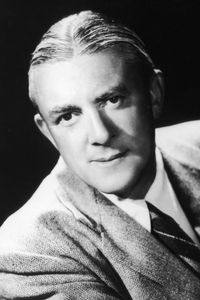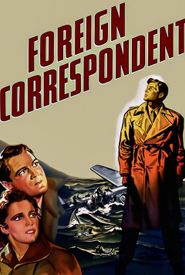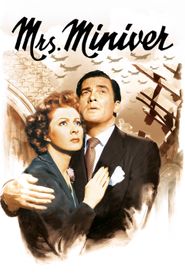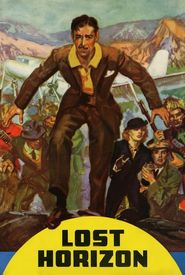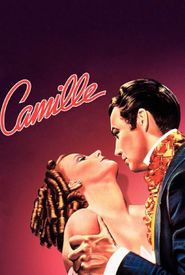British novelist James Hilton was born in Leigh, Lancashire, England, in the year 1900, commencing a life of literary endeavors. His father, a schoolmaster, played a significant role in shaping his early years. Hilton's academic pursuits led him to graduate from Cambridge University in 1921, having already penned his first novel, "Catherine Herself", in 1918, although it wouldn't see the light of day until 1920.
Following his graduation, Hilton wrote a twice-weekly column for "The Dublin Irish Independent", a task he undertook for several years. In 1931, he wrote the novel "And Now Good-Bye", which garnered significant success and brought him a substantial return. This success led to opportunities, including a request from the editor of "The British Weekly" magazine to write a short-story for the magazine's Christmas issue.
With a deadline of just two weeks, Hilton found himself struggling to come up with a concept. One night, he decided to take a bicycle ride to clear his mind, and upon his return, he was struck with inspiration. The story that emerged became the international best-seller "Goodbye, Mr. Chips", a tale based on the career of his father. Hilton completed the story in a remarkable four days.
The editor of "The British Weekly" was so impressed with the story that he recommended the magazine's parent company, a major publishing house, publish it in the American market. The company arranged for the story to be published in the American magazine "The Atlantic Monthly" in its April 1934 issue. The story received widespread attention, with notable critic Alexander Woollcott praising it in his "New Yorker" column and on his radio show.
As a result, the story was published in book form just two months later and became a huge international hit. It was later adapted into a movie, now regarded as one of the classics of modern cinema, Goodbye, Mr. Chips (1939). Hilton went on to produce a string of highly regarded novels that were also adapted into highly regarded films, including Knight Without Armor (1937),Lost Horizon (1937),and Random Harvest (1942).
Eventually, Hilton made the move to the United States, where he continued to write. He passed away in Long Beach, California, in 1954, succumbing to liver cancer.
